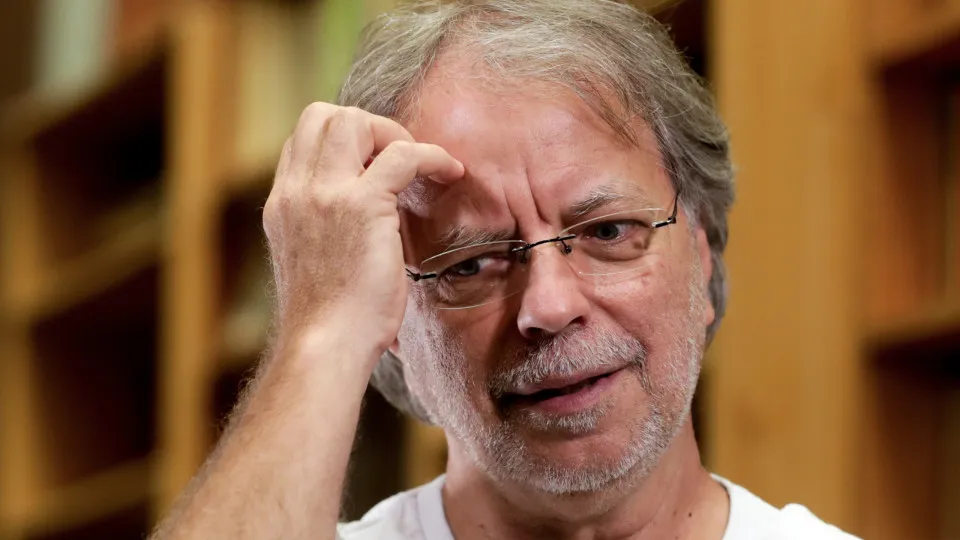
“The OF has always viewed the reform of its Statute as an opportunity for transformation, aiming to establish itself as an Order that is closer, transparent, useful, and independent, both for pharmacists and the recipients of the services provided,” stated Helder Mota Filipe in a press release.
This move positions the OF among the first professional orders to complete the statutory reform required by the law, which changes the legal regime of the constitution and operation of professional societies subject to public professional associations, thus enhancing the pharmaceutical profession’s ability to respond to the current challenges of the health system.
The new regulations maintain all existing specialties—Clinical Analysis, Regulatory Affairs, Community Pharmacy, Hospital Pharmacy, Human Genetics, and Pharmaceutical Industry—and foresee the regulation of the newly established specialty of Pharmaceutical Distribution by 2026.
The update will reinforce training programs and standardize access rules, eliminating disparities and ensuring greater equity among candidates.
“The SNS [National Health Service] needs an OF with an agile, modern structure that continues to empower pharmacists to meet health challenges. The newly published standards aim in this direction,” highlighted the president.
The new model also strengthens transparency in the processes of granting specialist titles, establishing clearer and more predictable procedures with a strong focus on digitalization, aligning, “whenever applicable,” with the existing processes of the SNS, namely in the areas of Clinical Analysis, Hospital Pharmacy, and Human Genetics.
The OF further clarified that pharmacists with titles granted by the oversight can request recognition and enrollment in the respective College.
“With the publication of the new standards, we are finally in a position to contribute again to the differentiation of the pharmaceutical profession. We have enhanced the quality, transparency, and requirements of the specialties, better preparing pharmacists and strengthening the trust of the service recipients in our contribution to the health system,” added Helder Mota Filipe.




